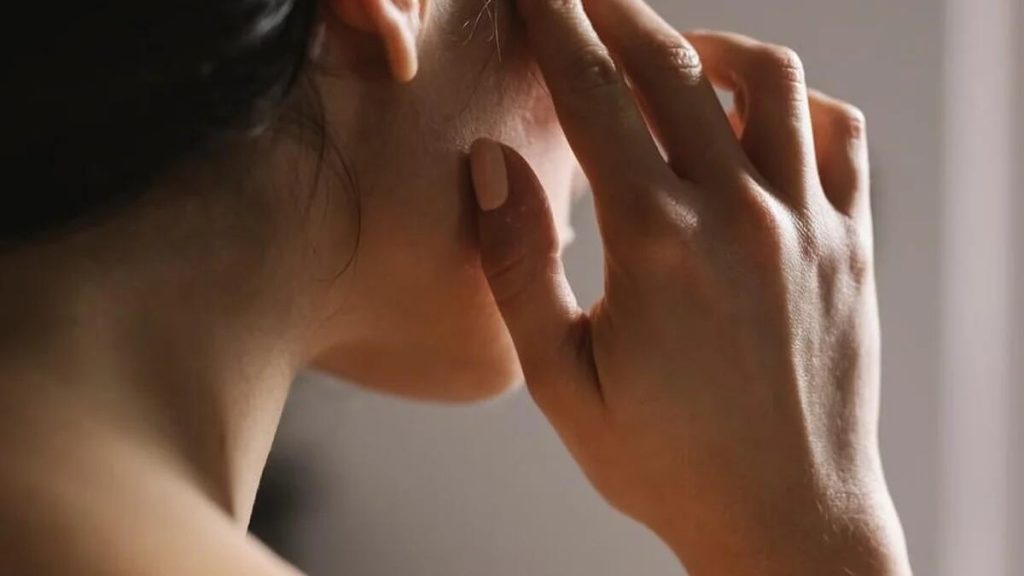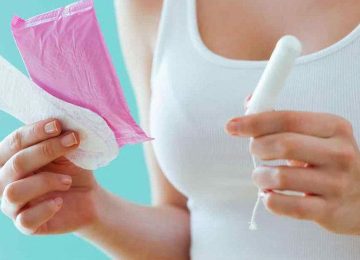Today in the confessional, we will talk to Ruth Cecilia Goenaga González, an entrepreneur and advisor of public and private projects who was born 38 years ago in Hibácharo, Piojó, and who confesses to us how her life changed at the age of 30.
“I asked for a gynecology consultation, got a very senior doctor, and I told him that, when it came to my period, there were months when I only had very few stains and it only lasted one or two days. Moreover, since the very first period, I didn’t have cramps or heavy bleeding and my libido was dropping every day.”
At that time, my ex-husband always complained saying: “Well then, do you ever feel like having sex?” and I told him “it’s not that I don’t feel like it”, but the truth was that I didn’t understand the reason.
Low libido had been the main reason for consultation, but when the doctor checked Ruth’s labs, the results of the FSH Hormone (Follicle-Stimulating Hormone, in charge of controlling the menstrual cycle and the production of eggs in the ovaries) caught his attention.
“The doctor asked me my age and I told him I was 30 years old, and he told me that it was not normal for a woman my age to have such an elevated FSH marker; it was at 97. He wanted to repeat all the exams to confirm the results.”
When Ruth had the labs done again and the results were given to her, the person in charge told her that she should take them to the gynecologist as soon as possible because some of the markers were altered. “Truth be told, I was scared,” confessed the interviewee.
“I remember that the next day I got up early, the doctor arrived at about 6:30 a.m. and met me at the door. He was amazed to see me so early in consultation. He immediately checked the results of the anti-mullerian hormone, which is the marker that indicates the ovarian reserve in women, and it was 0.05”.
The gynecologist told her that this was a rare condition, and it was the first time Ruth had received a diagnosis. He explained to her that out of every 100 women, 1 has this condition of premature ovarian failure, which is caused by autoimmune diseases. This struck him as odd, as he particularly noted that she was an apparently healthy woman.
To better understand ovarian reserve, it is necessary to know that women are born with a limited number of eggs and, as the years go by, this number decreases rapidly due to ovulations and menstrual cycles.
The normal ovarian reserve at age 40 is low compared to the values of adolescence. But if the levels of anti-mullerian hormone are high, it indicates that the woman has a large number of eggs.
Anti-mullerian hormone values indicate the state of female fertility as follows:
Low ovarian reserve: 0.2 – 1 ng / ml.
Normal ovarian reserve: 1- 3 ng /ml
High ovarian reserve: greater than 3 ng /ml
And from there a long journey began: “I not only stayed with the concept of that gynecologist, but I started to look for answers in other doctors. I lost count of how many gynecologists I visited. When I had my labs done, I thought that maybe they were wrong or they were altered because I had taken some medication, but they were always the same results”.
However, and in spite of the fearful prognosis, Ruth did not lose hope of becoming a mother: “I tried everything, even my nanny got me a remedy that was with white rum and rooster eggs, I even have an anecdote about it. It turns out that my brother stayed in my apartment and found the bottle and ended up drinking ‘the remedy’”, she commented laughing.
For Ruth it wasn’t easy to deal not only with the symptoms of menopause (sweating, vaginal dryness, low libido, etc.) but also to see how her mental health was being affected:
“In addition to feeling all the symptoms, during the day I was very depressed, because emotions are very fickle. One day I had an argument with my ex-husband, because I didn’t tell him anything about what I was going through. I felt so little and so unwomanly that on two occasions I tried to commit suicide, but God and something in my heart told me that it was not the right decision”.
She confesses that she sought professional help and accepted that she did not necessarily have to be a mother to have a full life and feel complete. After that healing process, she found a group of women who supported her spiritually.
When the pandemic arrived, she got divorced and, after going to some more appointments, there was nothing to be done; the anti-mullerian hormone was at 0.01, that is, her ovaries had exhausted their ovarian reserve.
Due to this, she consulted a gynecologist who explained to her what was happening with her body after seeing all the tests she had undergone:
“Okay, Ruth, I am going to explain it to you in this way; your body was formed and you were given a million pesos in eggs and, of that million pesos, you have already consumed 800 and have 200 left.’ I was 35 years old and I said ‘Doctor, what do you mean by that?’ and I started to cry and she also started to cry, and told me not to worry, that being a woman did not force me to become a mother”.
The doctor explained to her that there were other alternatives to become a mother, such as egg donation and in vitro insemination, but Ruth told her that she did not think about those options because she did not know the genetics of the people who were going to donate the eggs, and the professional even suggested that she could maybe look for a relative who was willing to donate her eggs, to which she completely refused.
This story will continue…
Traducción del español: Catalina Oviedo Brugés
















